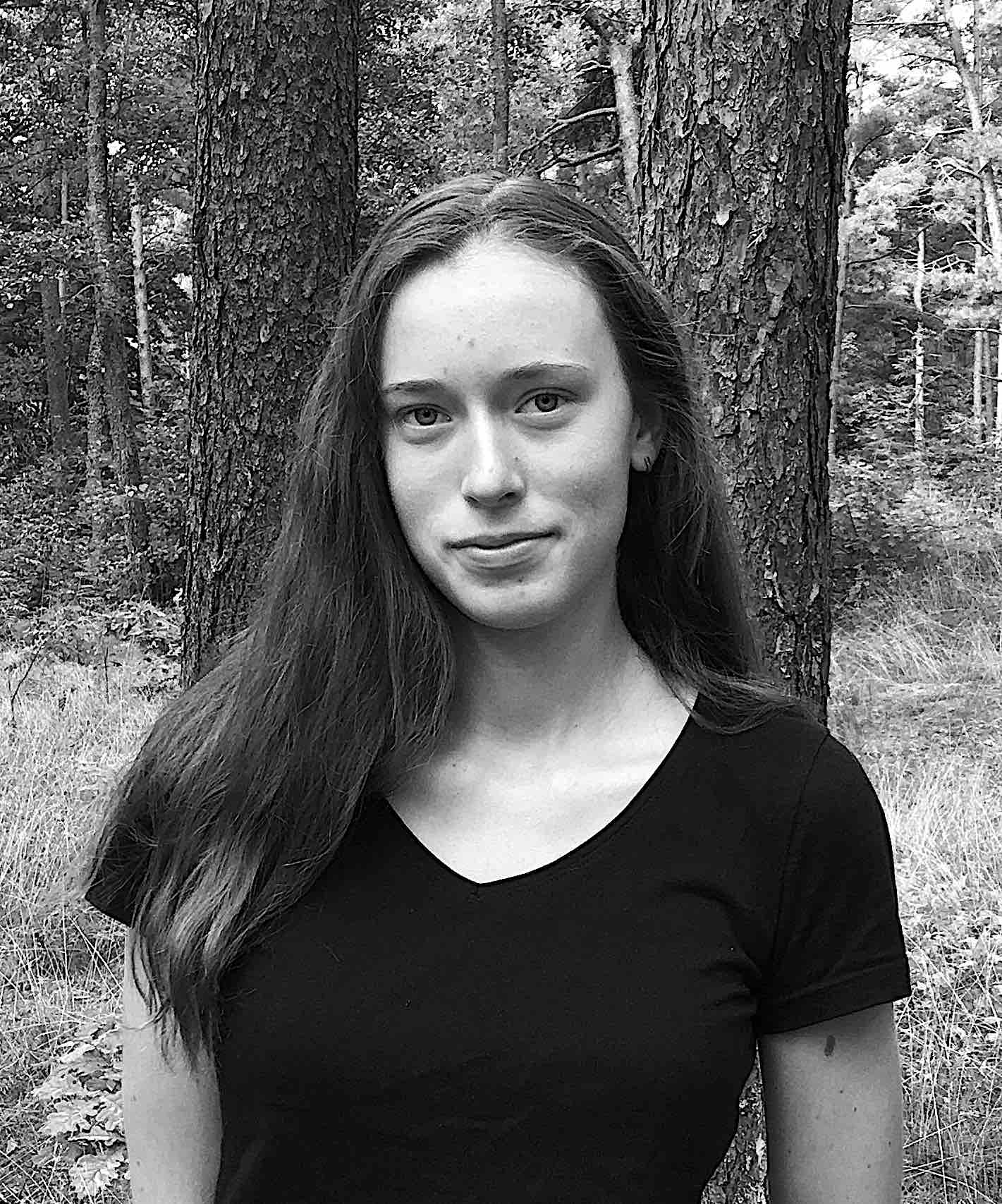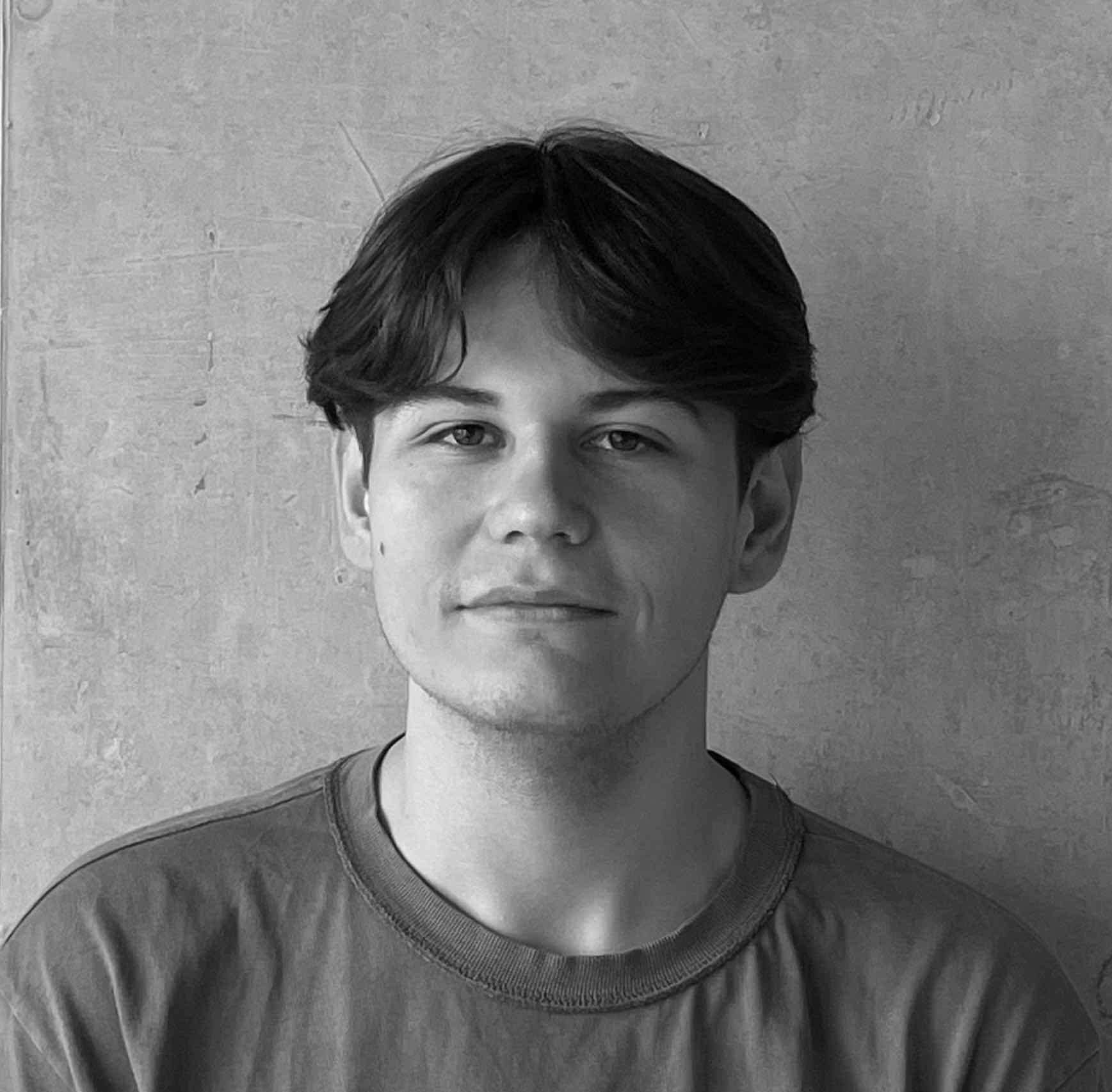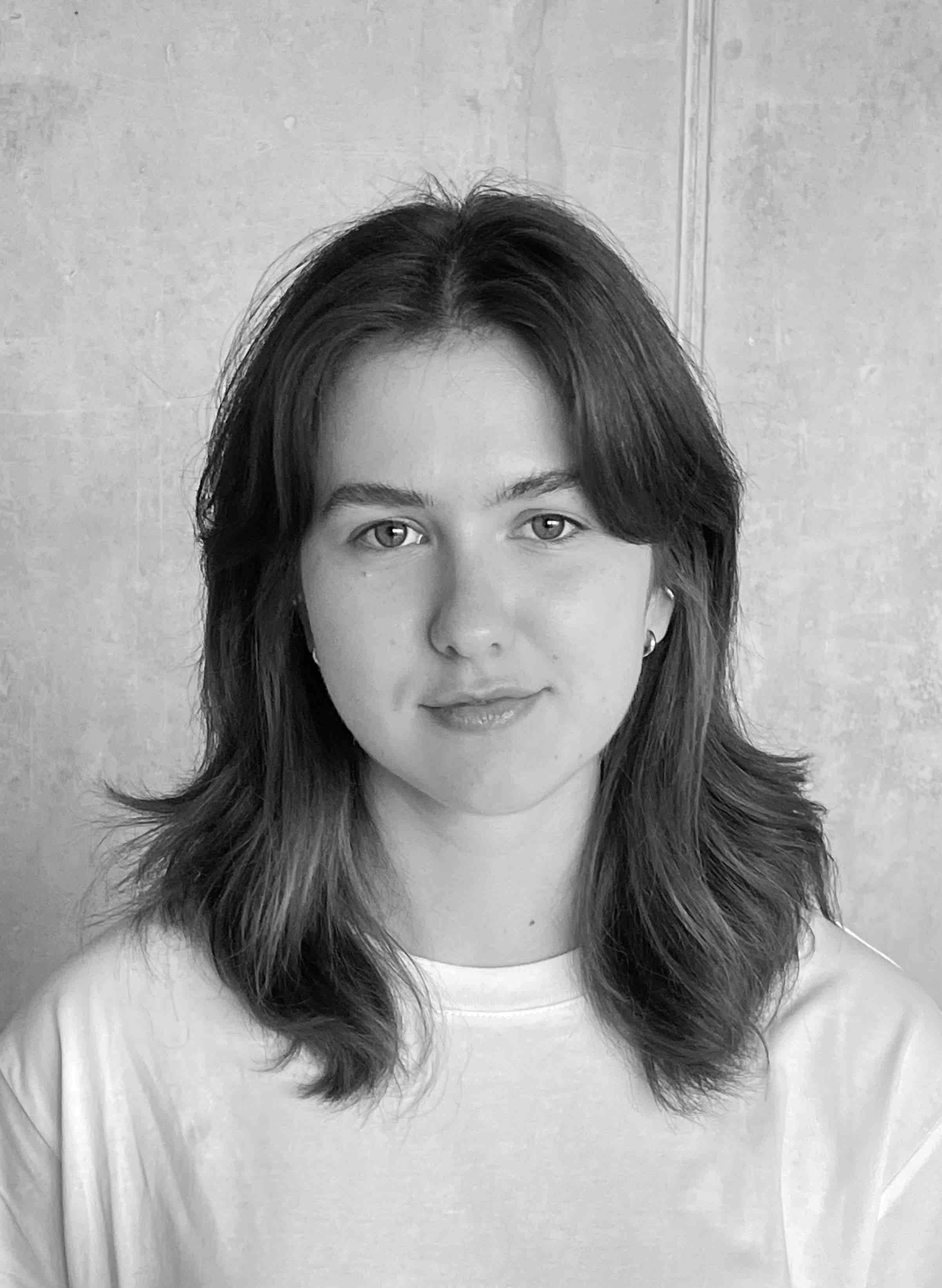Lab Head
|
|
Linas Mazutis is internationally educated researcher who obtained a PhD degree at Strasbourg University under the supervision of Prof. Andrew Griffiths, a leading expert in microfluidic techniques for biological applications. He continued his post-doctoral training at Harvard University in the group of Prof. David Weitz, where he co-developed microfluidics technology for screening of single-cells secreting therapeutic antibodies (1) and co-invented a single-cell transcriptomics technique inDrops, which was successfully adopted by 10X Genomics, and which arguably remains the most popular scRNA-Seq platform to-date. Since the beginning of his academic career Mazutis has been closely involved in close collaborations with industrial partners, and many microlfuidic systems that he has developed have been successfully implemented by different companies (Novozymes, BioRad, RainDance Technologies, HiFiBio Inc, etc). Mazutis is a co-founder and founding CTO of the biomedical company Platelet Bio., located in Boston MA., which specializes in synthesis of artifial blood products. Mazutis is also a co-founder and founding CEO of Droplet Genomics, located in Vilnius LT., which specializes in commercializing single-cell technologies. Therefore, developing innovative tools and systems for biomedical and biotechnological applications constitutes a very strong component in his career. His current research interests are focused on multi-omics and understanding the molecular mechanisms that drive cell response, adaptation and memory. |
Our current lab members:
|
|
Simonas Juzenas is molecular and computational biologist. Simonas' focus area is bioinformatics data analysis and analytical pipeline development for transcriptome sequencing (RNA-seq) with a special interest in small RNA research. Currently, Simonas' main research aim is to develop a high-throughput, droplet-based method for simultaneous small and long RNA capture and sequencing in single cells. He is interested in understanding what role miRNAs plays in cell development process, and whereas miRNAs regulate the robustness of the cellular state by calibrating expression levels of driving genes, or they drive cell fate choices by suppressing transcription factors, leading to lineage commitment. Read more. In his spare time Simonas enjoys fishing 🎣 and mushroom picking. |
|
|
Rapolas Zilionis is an expert in single-cell RNA-seq. His work surrounds the application of single-cell RNA-seq, from method refinement to data analysis (1). He performed his PhD work at Harvard Medical School (Prof. Allon Klein lab) and co-authored multiple studies in the fields of tumor immunology (2, 3) and tissue regeneration (4), including discoveries of new cell types in humans (5). Apart from research work, Rapolas teaches a course on single-cell data analysis at Vilnius University (Master studies). Currently, he is interested in novel droplet-based method development.💧 |
|
|
Justina Zvirblyte is currently pursuing a PhD in Biochemistry. She joined our group in 2019 after graduating in Biophysics. She first became interested in single cell biology during her research internship at NASA's Ames Research Center, USA where she studied the microgravity induced changes in embryonic stem cells in the group of dr. Cassandra Juran and dr. Eduardo Almeida. After completing internship at NASA, Justina continued her research career in our group and completed two years Master program in Molecular Biology. Her current research is focused on kidney cancer microenvironment and single cell characterization. She is interested human tissue single cell analysis, computational analysis methods and never-ending discussions on some most fundamental biology and life sciences questions. In her spare time Justina enjoys art in various forms and is also an aspiring young poet. She has published a poetry book called Mikrosfera 📖 and discovered a a tumor-associated endothelial tip cell phenotype. |
|
|
Karolis Goda received his MSc in Biochemistry at Vilnius University and is currently pursuing a PhD in biochemical sciences. His research efforts are diverse from improving current droplet-based single cell RNA-seq methods to investigating DNA epigenetic marks in individual chromosomes. He's also working on droplet based approaches for other -omics fields, such as developing a high throughput droplet based method to study open chromatin, methylome and transcriptome in single cells. He is also involved in a project aiming at developing droplet based approach for simultaneous small and long RNA capture and sequencing in single cells. He hopes that developing these methods will allow to improve our ability to better idenfity and characterize cell states and cell types. In his spare time Karolis chooses to remain active with occasional biking and hiking trips and camping. Lately, Tour du Mont Blanc, one of the most popular hikes in Europe, has captured his attention and he hopes to complete it in the near future 🏔.
|
|
|
Greta Leonaviciene has acquired a PhD degree in Biochemistry at Vilnius University. Before joining a PhD programme, she concluded 1-year internship at Prof. George Church group (Harvard Medical School, USA) where she became fascinated by microbiology and genomics fields. She also completed a short-term internship at Bigelow Laboratory Single Cell Genomics Center, USA. Her primary research focus is single bacteria genomics and transcriptomics using droplet-based microfluidics. She is interested in the role that bacteria play in ecology and human health. Greta has innovated a semi-permeable microcapsule concept paving the way to various single-cell techniques that are impossible to conduct when using water-in-oil droplets (1). The results of her work have opened many exciting projects in our lab and have broadened our research horizons. In her free time, she enjoys long walks with her dog 🦮. |
|
Simonas Norvaišis, PhD student |
Simonas Norvaisis graduated in Biochemistry from Vilnius University in 2029 and is currently studying Master’s degree. During his undergraduate studies, he worked on microbial degradation and metabolism of modified nucleotides that are found in the tRNAs of microorganisms, as well as investigated industry-applicable methods for hard-to-dissolve active pharmaceutical ingredients to enhance their bioavailability. Simonas has experience in molecular biology techniques, analytical methods (HPLC-MS, NMR spectroscopy, spectrophotometry), organic chemistry. He is currently working on developing hydrogel microcapsules applicable for single-cell biology research. Apart from science, Simonas plays tennis 🎾 and enjoys running, reading books. |
|
|
Vincenta Mikulenaite is a PhD student in biochemistry. During her Bachelor's in Chemistry, she had the opportunity to have an internship in Germany where she learned about modified DNA and RNA nucleosides. This motivated her to continue her research by pursuing a Master's in Biochemistry, during which she worked with a novel murine N6-methyladenine methyltransferase Mettl4. Continuing her interest in epigenetics, she then decided to pursue a PhD in Biochemistry to develop a high-troughput technology for single-cell DNA methylation and chromatin accessibility assay. This technology is based on incorporating novel semi-permeable microcapsules, which serve as convenient vessels for a diverse range of biochemical reactions involving the split-and-pool technique to barcode single cells. Her research involves microfluidics , microcapsules, various molecular biology techniques, sequencing, and subsequently data analytics. Vincenta's main hobby is trail running, and she was selected to join the National Lithuanian team to represent Lithuania in the European Athletics Off-Road Running Championship in 2024🏅. Her near future goals involve running ultramarathons in the mountains. Besides trail running, Vincenta enjoys sailing and has an international crew certificate (IYT Worldwide). Her future sailing goal is to become a yacht skipper. |
|
|
Denis Baronas is a PhD student in Biochemistry at Vilnius University, where his primary research topic is development of simultaneous single-cell epigenomics and transcriptomics using droplet microfluidics technology and applying it in cancer research. Denis has a Bachelor's degree in Biophysics and Master’s degree in Biochemistry from Vilnius University. Denis also has interests and experience in other scientific fields: molecular biophysics, drug design, synthetic biology and systems biology. Outside the lab, he is passionate about creating new things that allow his soul to unwind, such as writing poetry, making music and taking film photography 🎥 |
|
|
Valdemaras Milkus is a PhD student at the Institute of Biotechnology. He received BSc and MSc in theoretical physics from Vilnius University and completed 1.5 year internship at EPFL (Switzerland). His research is related to microfluidic-droplet generation, droplet stability and methods of droplet sorting. He enjoys using mathematical concepts to describe the biological (biochemical) systems. His latest efforts aim to characterize the cell sedimentation during encapsulation process. Outside the laboratory Valdemaras is an active marathon runner 🏃 having achieved his personal record of 2h 51min. He also enjoys running long distances in the mountains and is daily training for the next competition. |
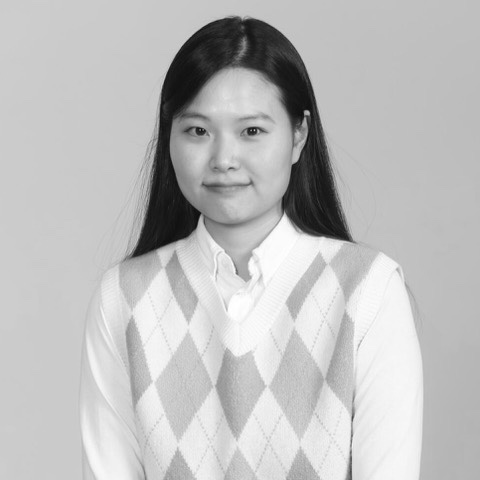 Suji Kim, PhD student Biochemistry suji.kim@gmc.vu.lt |
Suji Kim holds a BSc In Biology and Biotechnology from Catholic University of Korea and a MSc in Molecular Biotechnology from Vilnius University. During her master’s studies, she worked on spheroids and 3D cell culture for over long period in hydrogel microcapsules. She is currently pursuing a PhD degree in Biochemistry at Vilnius University. Her PhD research focuses on single-cell full-length whole transcriptome analysis using long-read sequencing technologies and profiling gene expression of single cells and spheroids. Her work aims to investigate dynamics of RNA maturation and regulatory roles of non-coding RNAs during cell differentiation. Besides working in the lab, Suji enjoys inline skating 🛼 and playing the ukulele. |
|
|
Dominykas Murza holds a BSc in Biochemistry from Vilnius University and a master’s degree in Biological Science from University of Cambridge. He has ample experience in microbial expression systems, Toxoplasma-macrophage transcriptomics, synthetic biology, and industrial R&D. Dominykas efforts are focused towards development of high-throughput miRNA methods and their applications. His work aims to uncover the functional roles of small RNAs matter and how these biomolecules contribute to cell biological functions. Besides doing science, Dominykas enjoys paddling, exploring nature 🌳 , and (uncomplicated) board games. |
|
|
Emile Pranauskaite is 2nd year Master student of Biochemistry. Emile is interested in cell encapsulation and how different types of cells are acting inside microfluidic devices and droplets. She is investigating how to reduce cell sedimentation, clumping and other mechanisms of cell losses during the encapsulation process. In her spare time, Emile enjoys running, playing the piano, and painting 🖼. People who work hard to achieve their goals inspire and motivate me. |
|
|
Mindaugas Sinis holds a BSc in Genetics and MSc in Molecular biology from Vilnius University. His previous research ranged from yeast glycosylation pathway engineering to the investigation of the factors influencing the barcoding efficiency of nucleic acids inside picoliter volume droplets. He is well versed in all the major molecular biology techniques involving DNA and RNA as well as fluorescent microscopy and biochemical assays. Currently, Mindaugas is investigating the behavior of nucleic acids inside semi-permeable capsules with the goal of understanding the main factors affecting oligonucleotide retention. Outside science, Mindaugas indulges in video games, horror movies and internet memes 🕹️ |
|
|
Laura Kuliesyte is pursuing a Bachelor degree in Microbiology at Vilnius University. She is currently focused on microbial samples fixation with the aim to encapsulate cells into semi-permeable microcapsules for efficient high-throughput single-cell RNA analysis. In her spare time, Laura is interested in art, especially in olfactory and visual art forms . |
Our amazing former lab members:
Dr. Juozas Nainys (CEO, Droplet Genomics, LT)
Dr. Vaidotas Kiseliovas (PostDoc, MSKCC, USA)
Dr. Remigijus Vasiliauskas (Researcher, Cea Leti, FR)
Dr. Karolis Leonavicius (CTO, Droplet Genomics, LT)
Dr. Robertas Galinis (Senior Scientist, Rhonano, LT)
Ignas Maželis (PhD student, Harvard Medical School, USA)
Justas Ritmejeris (PhD student, TU Delft University, NL)
Greta Zubaite (PhD student, UCL, UK)
Karolis Simutis (PhD student, ESPCI, FR)
Rytis Kisielius (Research Scientist, Droplet Genomics, LT)
Laurynas Karpus (CEO, Biomatter Designs, LT)
Dalius Kučiauskas (Senior Engineer, Droplet Genomics, LT)
Emilis Gegevičius (Business Development, Droplet Genomics, LT)
Justina Rutkauskaite (Scientist, Memo Therapeutics, CH)


 Simonas Juzėnas, Ph.D.
Simonas Juzėnas, Ph.D.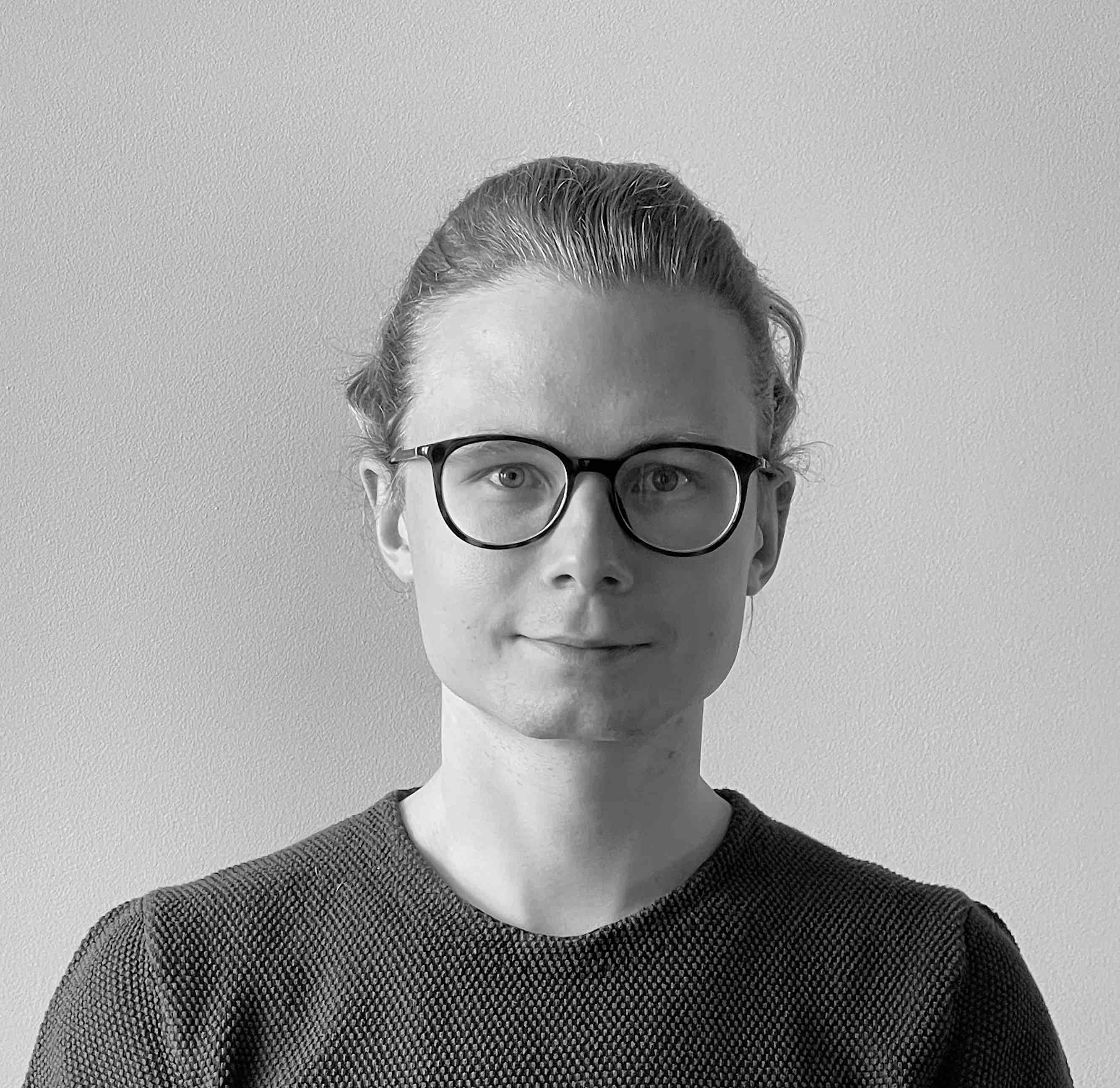
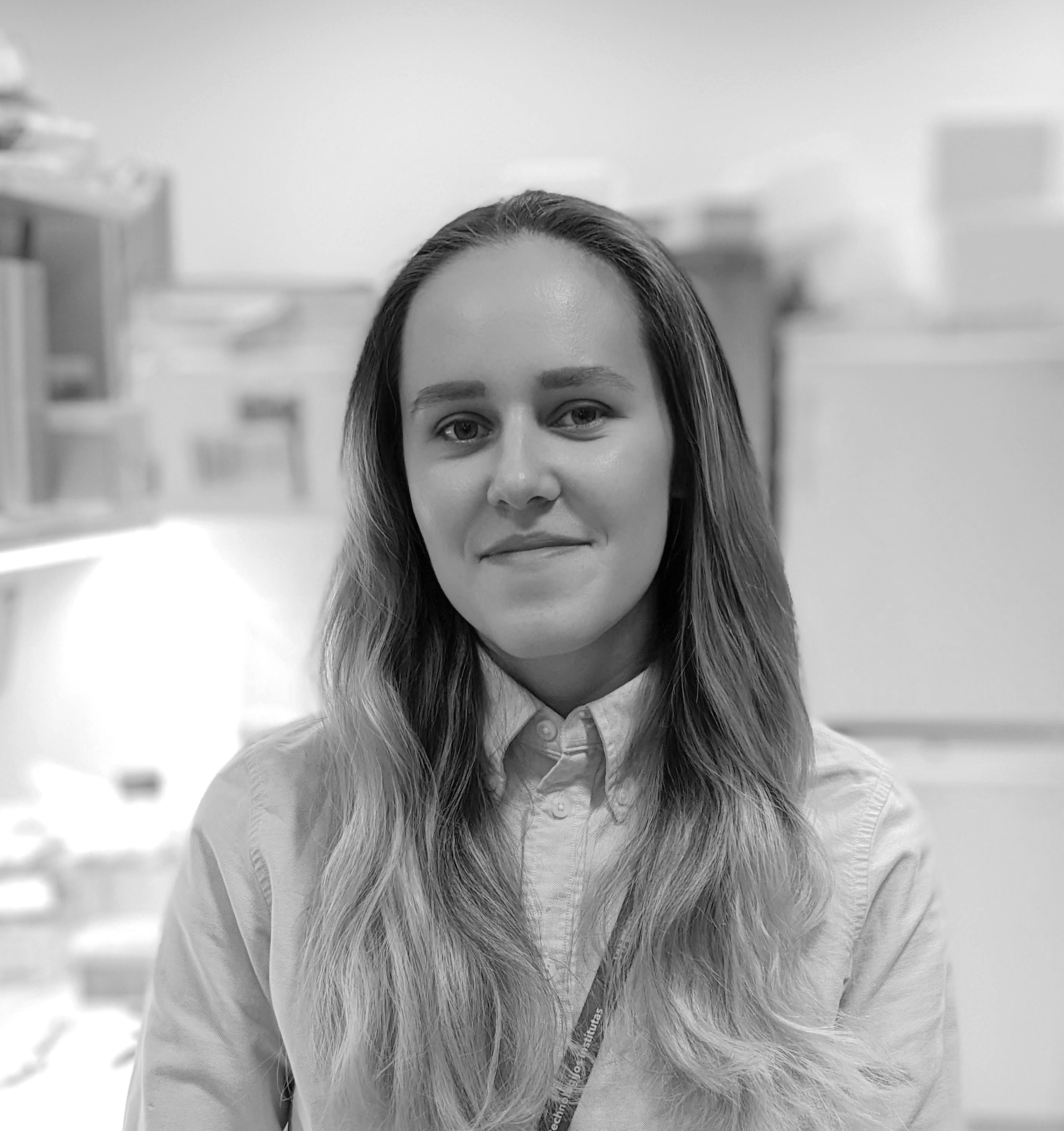
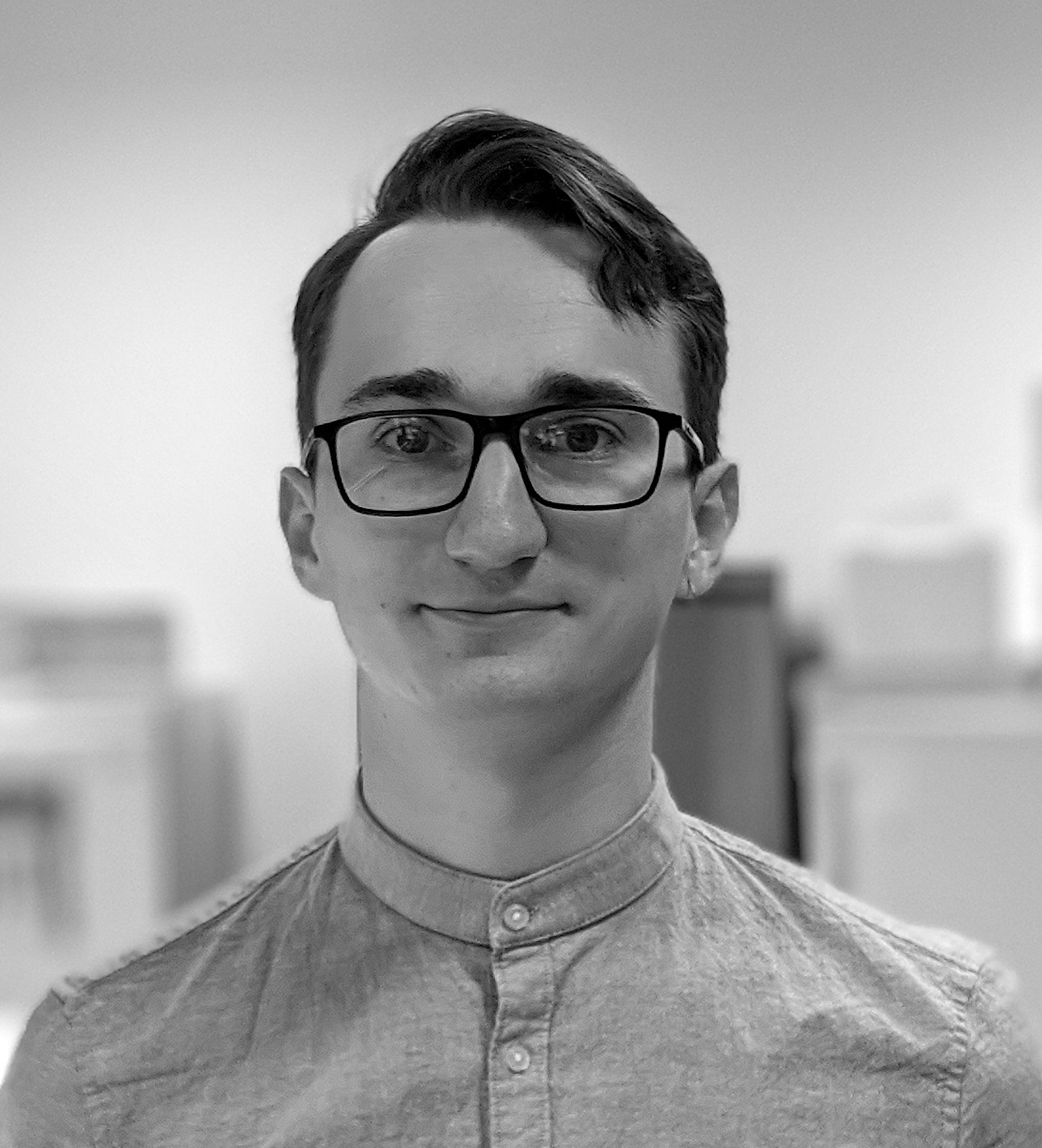
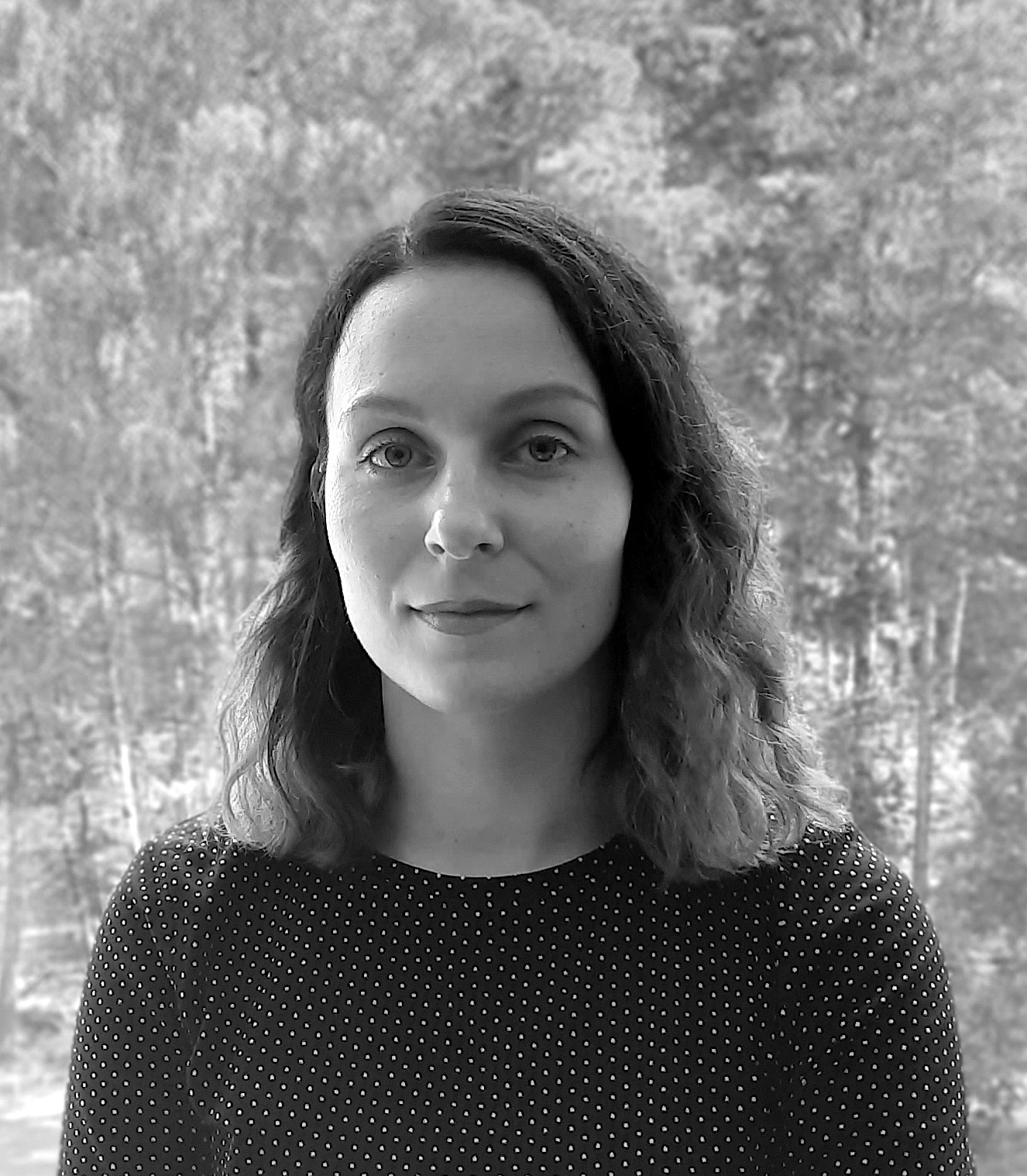
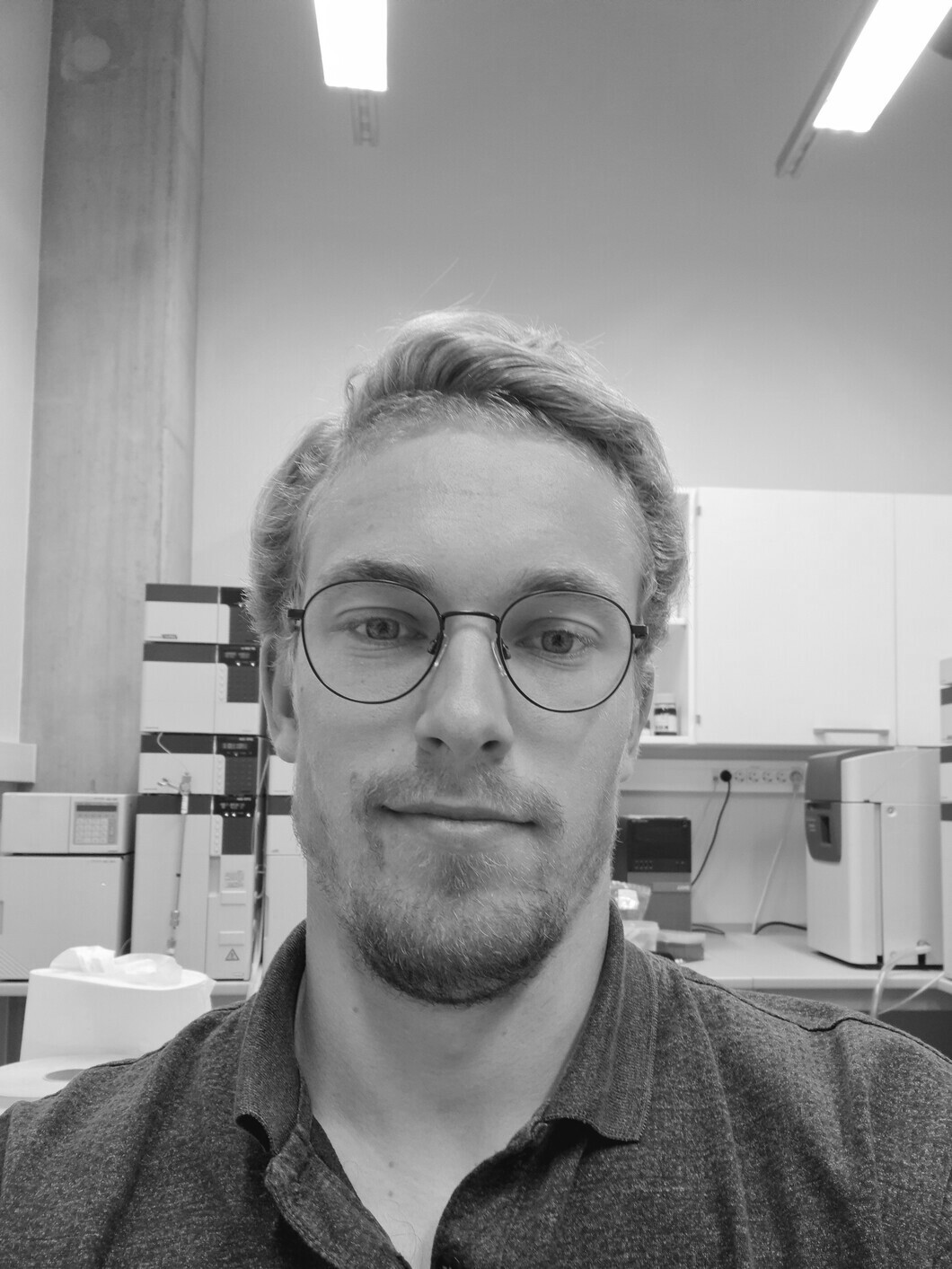
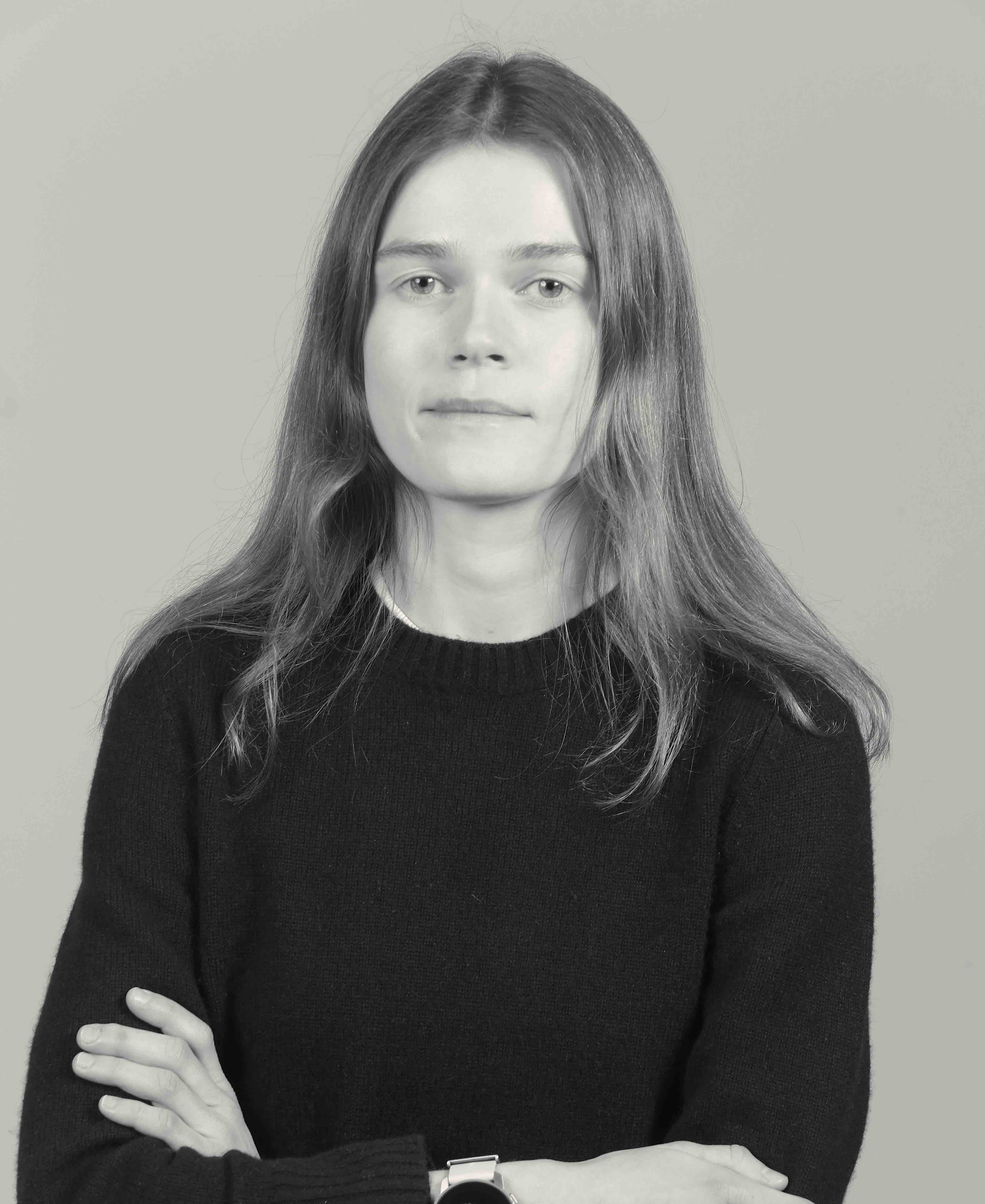

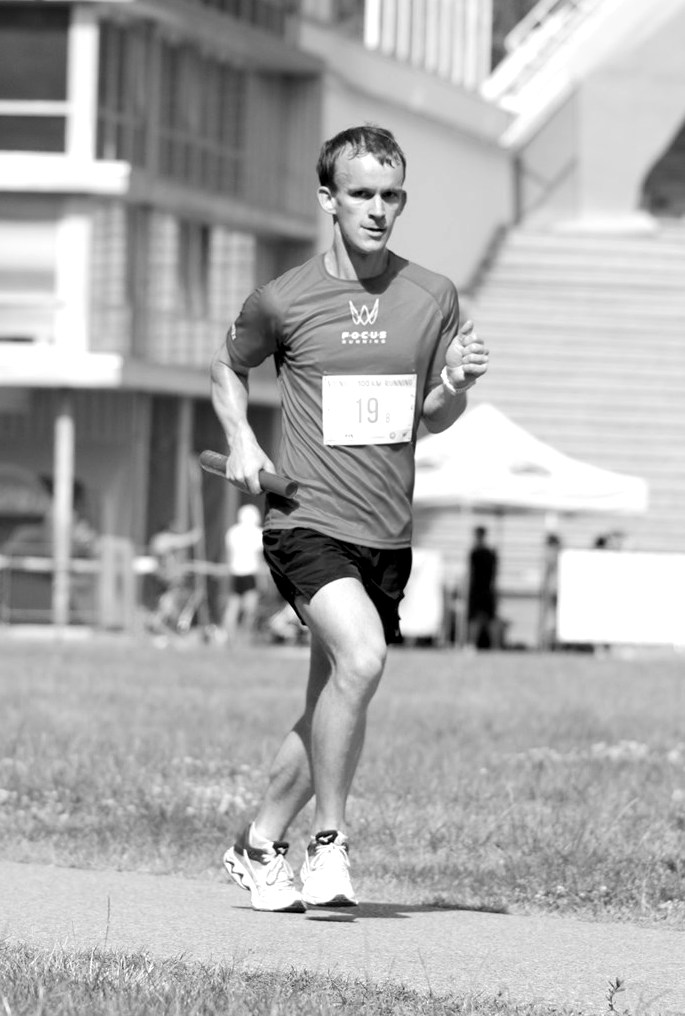
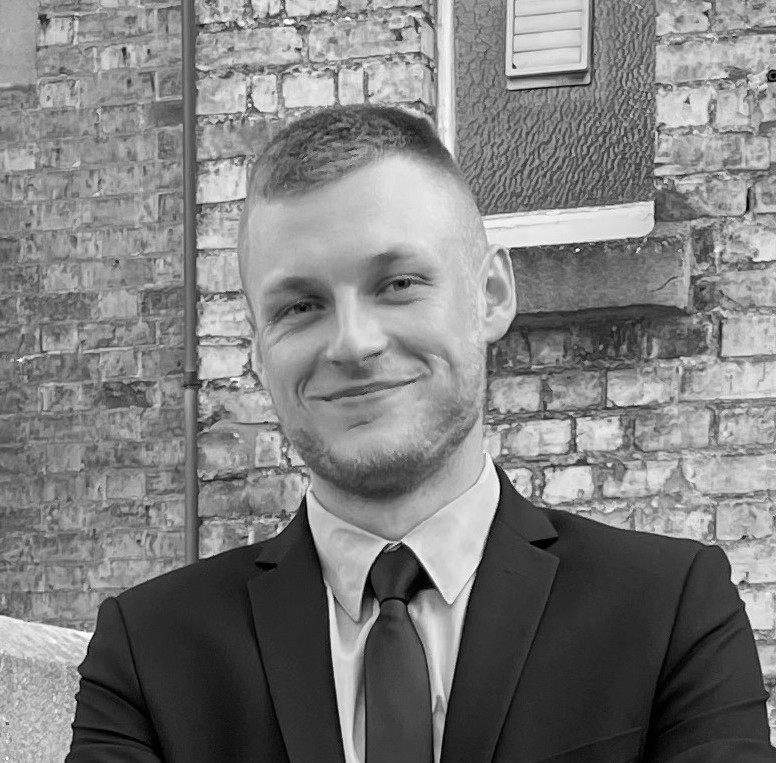 Dominykas Murza, PhD student
Dominykas Murza, PhD student